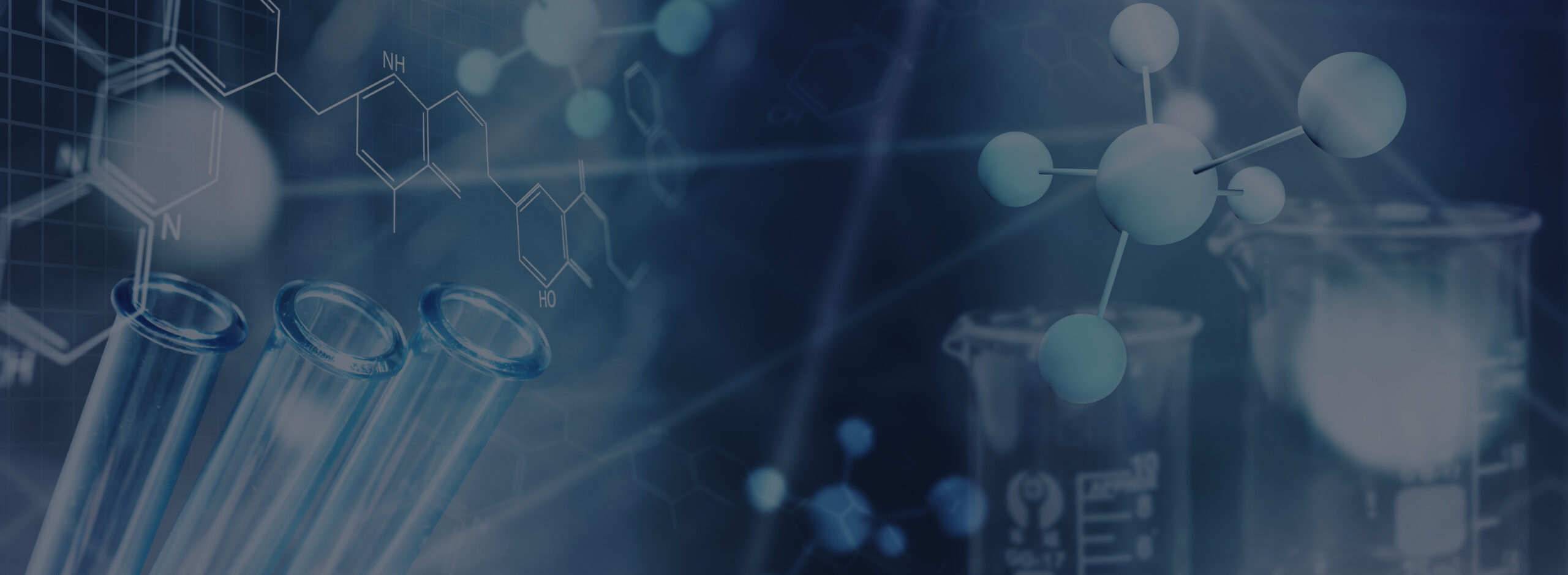Urine specimens are one of the most commonly tested samples in clinical laboratories, spanning disciplines in chemistry, hematology, and microbiology. Given the sheer volume of urine specimens handled daily, even small improvements in the collection, processing, and testing procedures can lead to significant advancements in laboratory efficiency and patient care. However, challenges arise when there are inefficiencies in specimen handling, particularly in cases where urine crosses multiple laboratory sections, such as Urinalysis with Reflex to Culture protocols. These inefficiencies can disrupt laboratory workflow and delay critical results.
In this webinar, the origins and evolution of guidelines for urine specimen collection, processing, and testing will be explored, with a focus on current best practices. Attendees will gain insights into effective testing methods, techniques, and recommendations for implementing reflex algorithms. Emphasis will also be placed on the importance of cross-functional collaboration within healthcare institutions, highlighting how building a vested, multidisciplinary group is essential for driving decision-making processes that lead to optimized urine testing workflows.
This session will examine how clinical and demographic factors—such as patient setting in ambulatory care, emergency departments, and inpatient units—influence testing needs, and how laboratories can tailor testing protocols to meet these diverse requirements. Real-world case studies and laboratory data will be shared, highlighting strategies that have successfully enhanced urine testing processes. Key focus areas will include refining Urinalysis with Reflex to Culture protocols and strengthening collaboration between laboratory departments and clinical teams to ensure a seamless, efficient testing workflow.
By the end of this webinar, attendees will have a clear framework for identifying key stakeholders and implementing improvements in urine specimen testing processes at their institutions. The session will provide practical, actionable strategies for enhancing laboratory efficiency and ensuring accurate, timely results. Attendees will also gain insights into fostering a collaborative, cross-functional approach to urine testing, driving ongoing improvements that benefit both laboratory operations and patient care. Whether optimizing existing protocols or introducing new testing strategies, this webinar will empower participants to take decisive steps toward advancing their institution’s urine specimen testing workflows.
Key Learning Objectives
- Discuss guidelines for testing, collecting, processing, and interpreting laboratory testing for urine specimens.
- Outline different clinical factors that impact the approach to urine testing within the healthcare system.
- Describe one approach used to successfully implement and re-address standard urine testing processes within a healthcare system.



